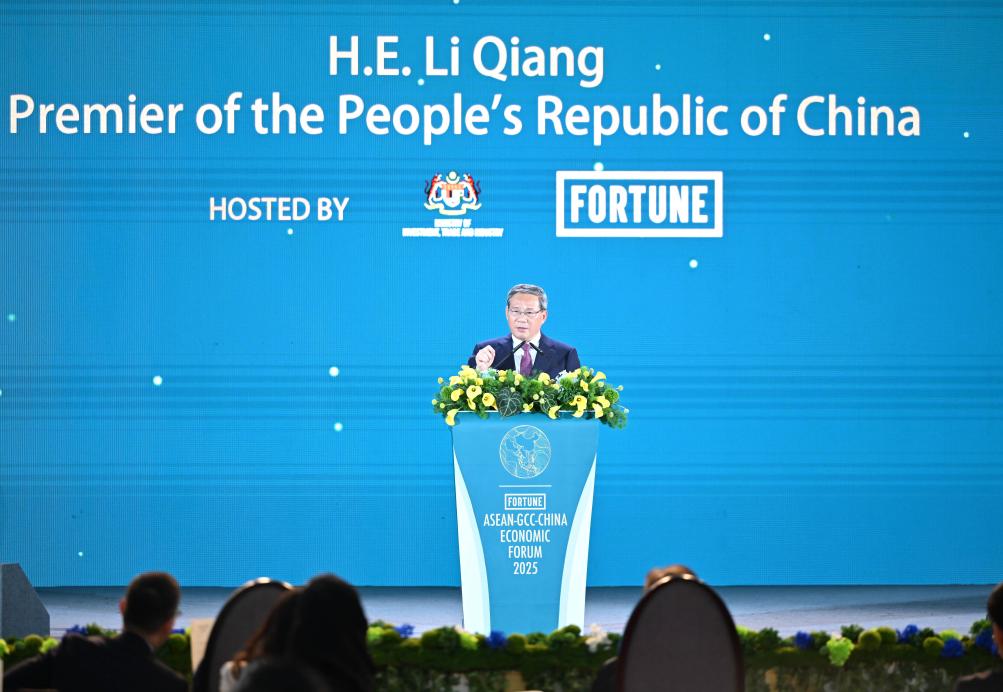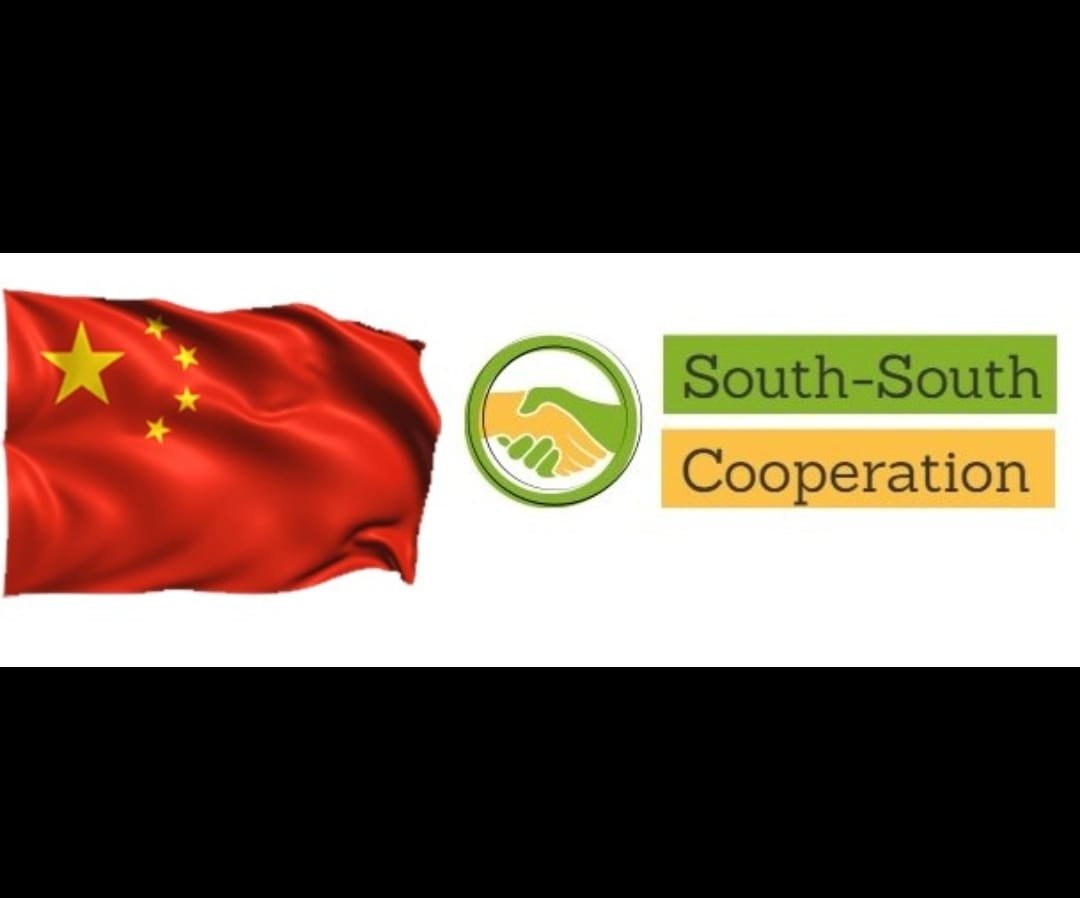Kuala Lumpur, May 28, 2025 – The Europe Today: Chinese Premier Li Qiang reaffirmed China’s commitment to aligning development strategies with ASEAN and the Gulf Cooperation Council (GCC) countries, aiming to continuously open up new prospects for shared growth. His remarks came during the opening ceremony of the ASEAN-China-GCC Economic Forum 2025, held in the Malaysian capital on Tuesday.
Premier Li stated that the successful convening of the inaugural ASEAN-China-GCC Summit marks a significant milestone in trilateral relations, ushering in a new chapter of comprehensive cooperation. The summit, held under the theme “Synergizing Economic Opportunities Towards Shared Prosperity,” featured in-depth discussions and reflected the shared vision of the participating nations to build a resilient and interconnected economic future.
“In today’s turbulent world, working together to face challenges is itself a powerful way to generate opportunities,” Premier Li said, highlighting the urgency of enhancing mutual trust and solidarity amid escalating geopolitical tensions and global uncertainties.
He underscored that in the face of rising protectionism and unilateralism, nations must remain committed to openness and dismantling trade barriers to unlock vast market opportunities. He stressed that joint development of a large, integrated economic zone would ensure that all nations could enjoy equitable benefits.
In response to increasing tendencies toward economic decoupling and isolationism, Premier Li emphasized the importance of resource sharing and mutual empowerment. He said such efforts would facilitate industrial upgrading, boost productivity, and inject new momentum into the global shift toward sustainable development.
Reflecting on the longstanding and deeply rooted friendship among China, ASEAN, and GCC countries, Li expressed confidence that trilateral cooperation—built on a solid historical foundation—would deliver greater economic dynamism, improved development efficiency, and a flourishing innovation ecosystem.
“China stands ready to strengthen the alignment of development strategies, promote regional integration, and firmly uphold the multilateral trading system with the World Trade Organization at its core,” he said. He also called for maintaining stable and unimpeded industrial and supply chains and pursuing high-quality, inclusive development.
Premier Li noted that China’s economy has continued to recover and improve since the beginning of the year, demonstrating strong resilience and potential. Quoting President Xi Jinping, he said, “The Chinese economy is not a pond, but an ocean.” He added that this “ocean” has the capacity to endure and emerge stronger from global storms, becoming more inclusive and open.
Strategically, Li said China will place greater emphasis on expanding domestic demand, reinforcing internal economic circulation, and fostering synergy between domestic and international markets. “We will share China’s development opportunities with ASEAN, the GCC, and enterprises worldwide,” he asserted.
Malaysian Prime Minister Anwar Ibrahim, speaking at the forum’s opening ceremony, welcomed the growing trilateral cooperation. He highlighted the joint statement issued at the ASEAN-China-GCC Summit, calling it a powerful signal of solidarity and shared commitment to regional and global progress.
Prime Minister Anwar described China as an indispensable partner for ASEAN and GCC countries, praising Beijing’s role in advancing economic development, maintaining peace and stability, and upholding the principles of fairness and justice on the global stage.
He reiterated ASEAN’s adherence to independence and self-reliance, stressing the bloc’s commitment to deepening cooperation with China and the GCC in key areas such as trade, investment, and innovation. “Together, we can make meaningful contributions to global prosperity and stability,” Anwar concluded.
The ASEAN-China-GCC Economic Forum 2025 served as a platform to further discussions on trilateral initiatives, promote sustainable development, and strengthen interregional integration.





